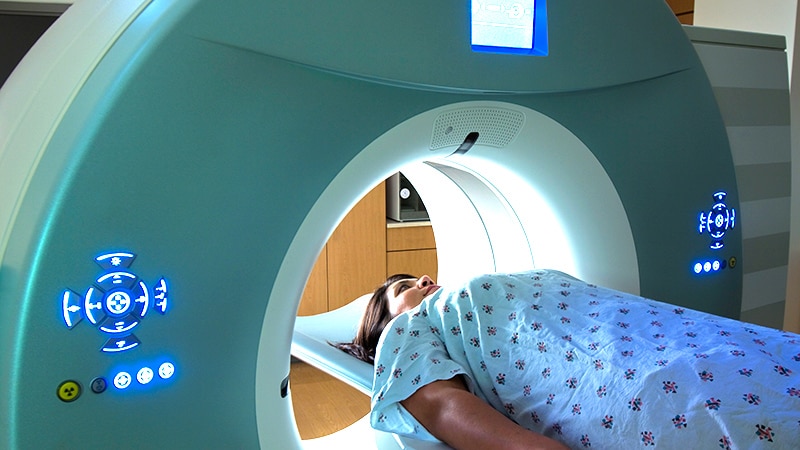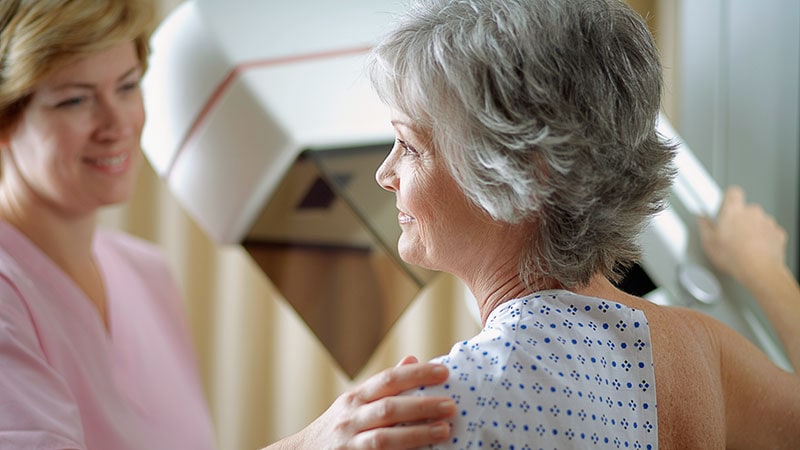British women who are dissatisfied with the size of their breast are less likely to carry out regular self-examinations for breast cancer and are more likely to delay seeing their doctor if they did detect a change. The finding comes from a new study of 384 British women conducted by researchers at Anglia Ruskin University and University College London.
According to the results, published in the journal Body Image, the majority of participants reported some degree of breast size dissatisfaction, with 31% wanting smaller breasts and 44% wanting larger breasts. A third of the women admitted rarely or never engaging in breast self-examination. If they were to detect a change in their breasts, 55% said they would see a doctor immediately or as soon as possible. However, 1 in 10 admitted they would either delay for as long as possible or not see a doctor at all.
Lead author, Viren Swami, Professor of Social Psychology at Anglia Ruskin University, said: "For women who are dissatisfied with their breast size, having to inspect their breasts may be experienced as a threat to their body image and so they may engage in avoidance behaviours. Breast size dissatisfaction may also activate negative self-conscious emotions, such as shame and embarrassment, that results in avoiding breast self-examination."
"It is also important for healthcare practitioners to be mindful of the impact that dissatisfaction with one's breasts may have on self-examination behaviours and outcomes."



